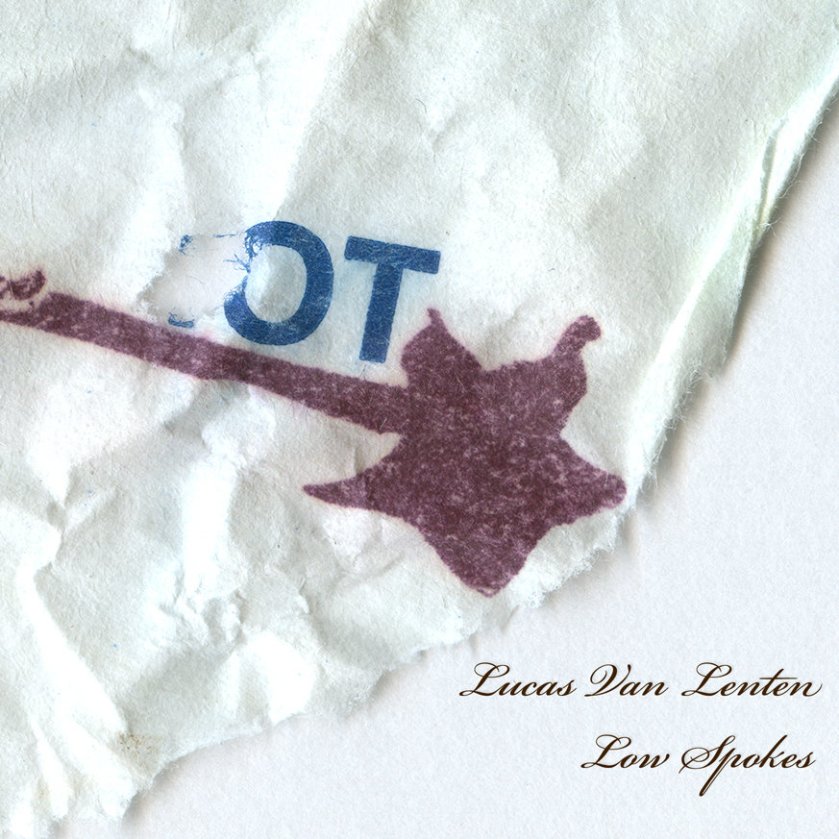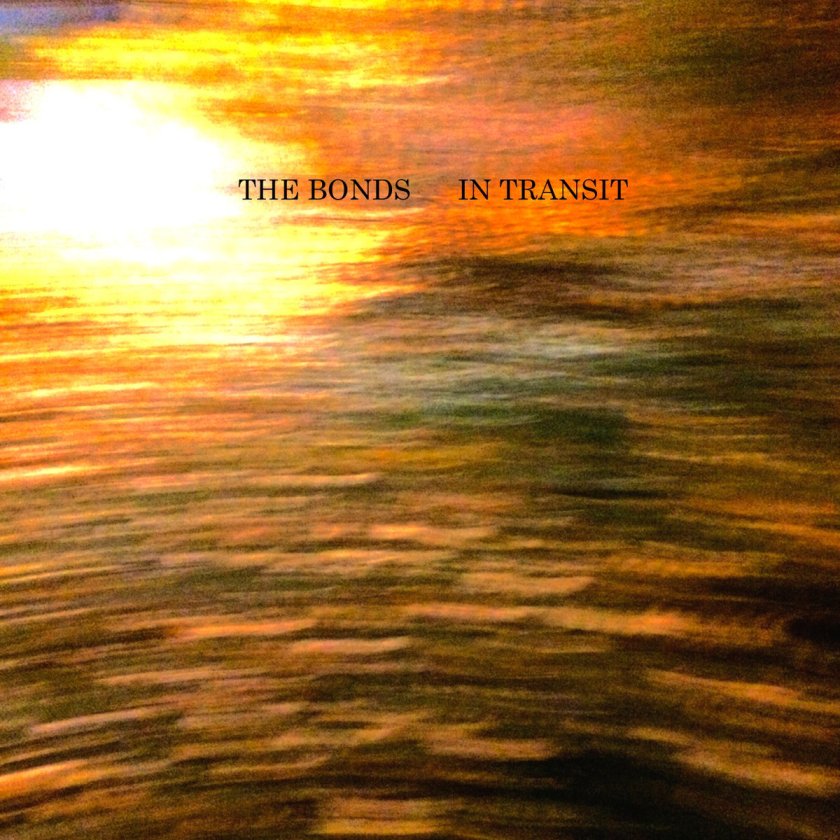By: Derek Spencer
Ardath is as elusive an album title as I have encountered. A smattering of google searches reveals a British tobacco company as the only catalogued namesake, implying that Ardath is an album named either for it’s destructive and addictive qualities, or otherwise as reference to something personal and decidedly unobtainable. The impalpable name suits the 5-track EP all the same, perhaps augmenting the conceit of mysterious dystopia that LA-based musician Birth Day seems intent on summoning. Deconstructed pop pairs with discordant ambient on Birth Day’s unsettling 2016 debut.
Opener “Link’d” best demonstrates Birth Day’s palette, consisting of icy dissonance, glitched-out synths, and phantasmal filtered-vocals. Tension builds as the voice of yesterday’s fallen popstar rises in classic zombie fashion. On “Bedroom Jester”, Birth Day continues to play with distance and depth, as a single alto melody gives way to the croons of dozens of fettered specters, each presumably a fractured bit of singer/producer Sonya Lanelle Chávez.
The percussive elements of Ardath leave enough propulsion for listeners to dance, but only in the way that dancing can be a mental exercise: a way of answering a question or exploring a thought. With tracks like “blind” and “Seashore”, each clocking in around one minute and devoid of distinct rhythmic features, it’s easier to think of Birth Day as walking us through a process or along a path, as opposed to imagining that Chávez’s vision lies in any one place for long.
Demonstrating a surprising command over dynamics and composition, Birth Day will hopefully have the opportunity to flesh out her work on longer, more immersive releases. For now, Ardath serves as a seductive taste-test, successfully tempting listeners toward some unknown end.









